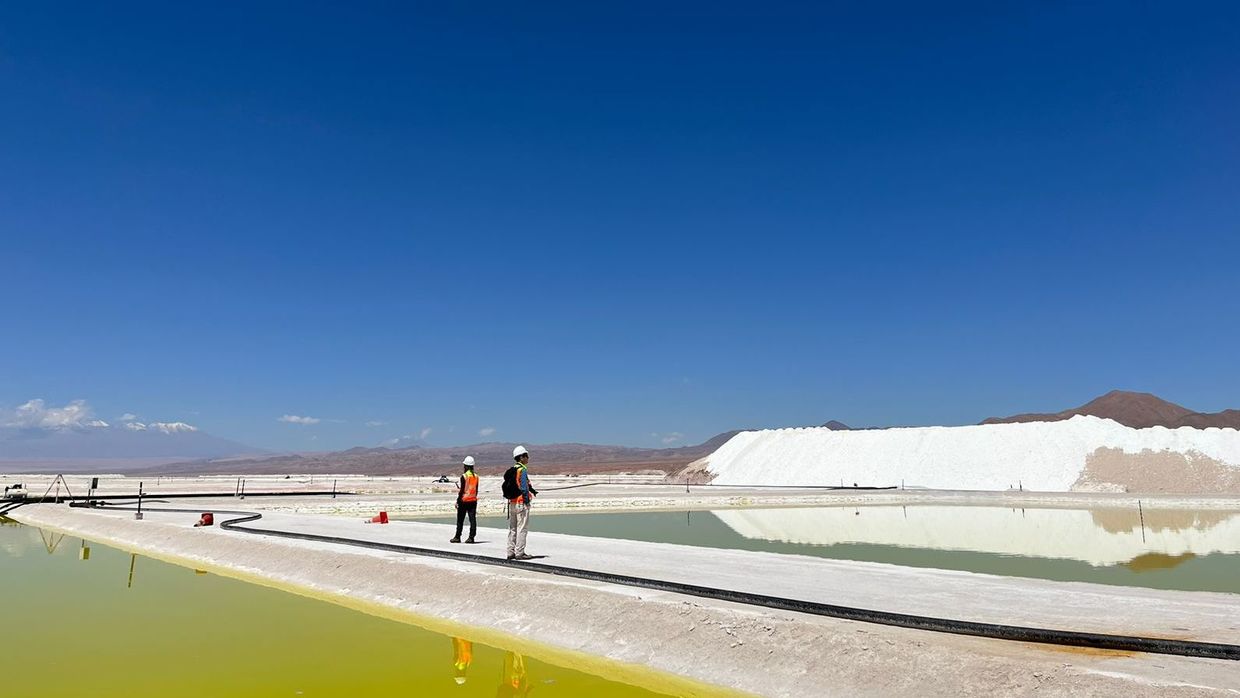
Fieldwork in Chile #3 | How do women benefit from lithium mining?
Why lithium?
Energy transition requires large amounts of raw materials. However, clean energy technologies require much more metals and minerals than working with fossil fuels such as petroleum and coal. As the demand for “cleaner” raw materials increases, social and environmental tensions arise in the places where these raw materials are extracted. This is also the case with lithium, a light metal used in the production of electric vehicle batteries and power grids. The demand for lithium is expected to continue to grow in the coming decades.
The Mining for the Energy Transition research project is interdisciplinary and looks at the economic, environmental, technological, social, political and commercial aspects of the energy system, energy transition and sustainable goals. The research project is funded by intensifies (Energy Transition from a Sustainable Development Goals Perspective), a research priority among UvA faculty.
What I see is that the two lithium companies, SQM and Albemarle, are actively involved in local communities, for example by organizing projects or donating money directly. On the one hand, this creates opportunities, but on the other hand, it creates dependency. In any case, it reduces potential opposition and thus prevents direct conflict.
It also causes a lot of change within communities, because people live together in a different way to each other and to their environment. My research focuses specifically on the status of women in the Salar de Atacama. What are the effects on women of mining? How do they deal with the opportunities and challenges presented by mining?
I’ve been in San Pedro for about two months now, the only (small) town in the area, but the traces of mining are more evident in the various villages in the Salar de Atacama, because San Pedro is mainly about tourism. During a Carnival party in Toconao, a village south of San Pedro, it immediately becomes clear to me that Carnival is very different here than in the Netherlands.
I don’t feel very comfortable at first, as I’m the only outsider, but luckily everyone is very nice and welcoming. She runs into Daniel, who turns out to be working for the lithium company. He told me all about his village and the traditions surrounding Carnival. For example, before taking a sip of your beer, you are supposed to throw some beer on the ground first with your left hand and then with your right hand as a gift to Pachamama (Mother Earth).
We also talk about his work in the mine. He works twelve hours a day for seven days, followed by seven days off. A pretty intense schedule, also because he’s spending the night at company camp during that long work week.

“Travel enthusiast. Alcohol lover. Friendly entrepreneur. Coffeeaholic. Award-winning writer.”
